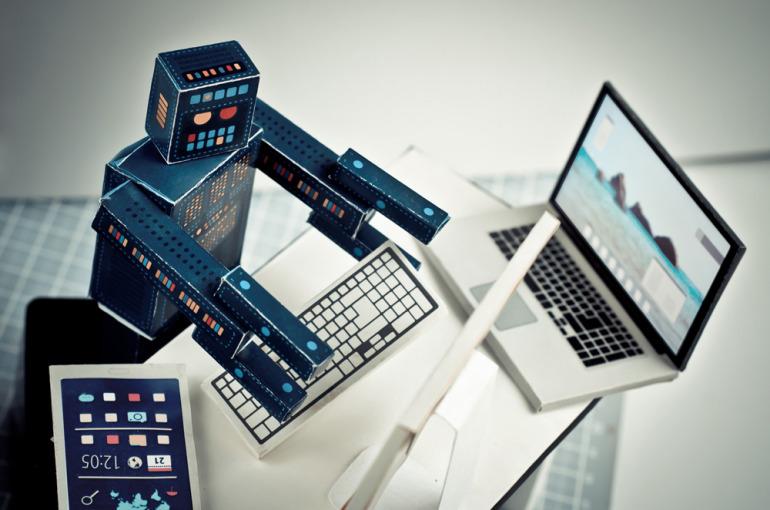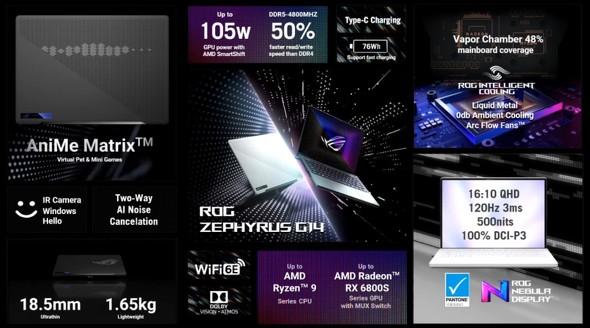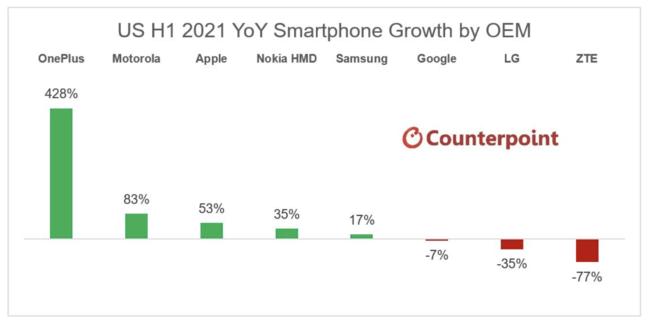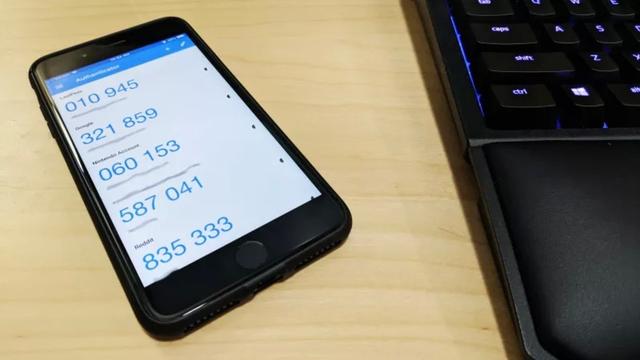Toyota Suspends Operation of All Domestic Plants, How Should We Prepare for Cyberattack Risks?
[Series] If there was an AI
[Click here for links to back issues]
Ministry of Economy, Trade and Industry also calls attention to cyber attacks
Russia's invasion of Ukraine is a war in the distance, and we cannot sit back and watch it. AI-based cyber-attack technology is on the rise, and future wars will involve not only real attacks by tanks and airplanes, but also cyber-attacks at the same time. Geographic distance is irrelevant in cyberattacks.
Since the Japanese government announced its policy toward the situation in Eastern Europe, the risk of cyberattacks against Japan has increased as a retaliatory measure. As I think it is well known to all relevant parties, on February 23, the Ministry of Economy, Trade and Industry, the Metropolitan Police Department, etc. issued a warning against cyberattacks. (Reference: Alert from Ministry of Economy, Trade and Industry)
Lifeline operators such as electricity and water, and critical infrastructure operators such as airlines and railways are likely to be targeted by cyberattacks.

At the time of writing this article, it is said that the actual situation such as relations with Russia is being clarified, but it has been announced that Toyota Motor Corporation will suspend operation of all domestic plants due to cyberattacks. It is believed that a supplier that makes car parts was hit by a cyberattack.
The war has changed dramatically since Russia annexed Crimea in 2014. Power plants were hacked to shut down power, fake radio stations were created to broadcast fake news, and mobile phone base stations were hijacked to block communication throughout Ukraine. The world witnessed cyber warfare and electromagnetic warfare.
Seven things that individuals can do to avoid getting caught up in cyberattacks
It is hard to imagine that cyber technology is getting even better just by looking at the progress in AI-related technology over the past few years. is not. Russia's cyberattack capabilities are extremely high, and Russia is said to be the fastest in the world to infiltrate networks and bring down systems.
In the past, wars were fought between nations that could equip military equipment, but in this war, it seems that hacker groups are also participating. The famous international anonymous hacker group "Anonymous" announced on the 27th that it had launched a cyberattack on Russia, and on the 28th, a hacker group supporting Russia launched a counterattack. It is
Japan also needs a defense that matches the new form of warfare. It has long been pointed out that we need to build capabilities that cross new domains such as space, cyber, and electromagnetic warfare.
National-level measures to prevent cyberattacks on critical infrastructure that can be targeted by other countries are also necessary, but individuals who work for various companies related to critical infrastructure also need to be careful. What can you do? You may feel uneasy, but your personal preparations are basically the same as usual.
・Make sure passwords are not simple ・Strengthen personal authentication ・Understand information linkage relationships such as IoT devices ・Take measures against the vulnerabilities of devices that control connections with the Internet Do not open e-mail attachments carelessly, do not click on URLs carelessly, and disseminate information within the organization so that if anything happens, they can be contacted and consulted quickly.
It is no exaggeration to say that we are constantly connected to the network, but I am worried about whether we can fully prepare for cyberattacks while living in Japan, which seems to be peaceful.
Maki Sakamoto / Vice President of the University of Electro-Communications, Professor of the University's Graduate School of Information Science and Engineering / Artificial Intelligence Advanced Research Center. Former director of the Japanese Society for Artificial Intelligence. Kansei AI Co., Ltd. COO. As an AI/robot manager on NHK Radio 1's "Children's Science Telephone Consultation", he explains the latest research and business trends in artificial intelligence and other areas. He specializes in analyzing literary phenomena related to human language and psychology, such as onomatopoeia, five senses, sensibilities, and emotions, from a scientific and engineering perspective, and incorporating them into artificial intelligence. His books include "A book that almost understands artificial intelligence taught by Professor Maki Sakamoto" (Ohmsha).


![10th generation Core i5 equipped 9.5h drive mobile notebook is on sale at 50,000 yen level [Cool by Evo Book] 10th generation Core i5 equipped 9.5h drive mobile notebook is on sale at 50,000 yen level [Cool by Evo Book]](https://website-google-hk.oss-cn-hongkong.aliyuncs.com/drawing/article_results_9/2022/3/9/4a18d0792cae58836b71b9f591325261_0.jpeg)





![[Amazon time sale in progress! ] 64GB microSD card of 1,266 yen and wireless earphone with noise canceling function of 52% off, etc. [Amazon time sale in progress! ] 64GB microSD card of 1,266 yen and wireless earphone with noise canceling function of 52% off, etc.](https://website-google-hk.oss-cn-hongkong.aliyuncs.com/drawing/article_results_9/2022/3/9/c88341f90bab7fe3ce1dc78d8bd6b02d_0.jpeg)
